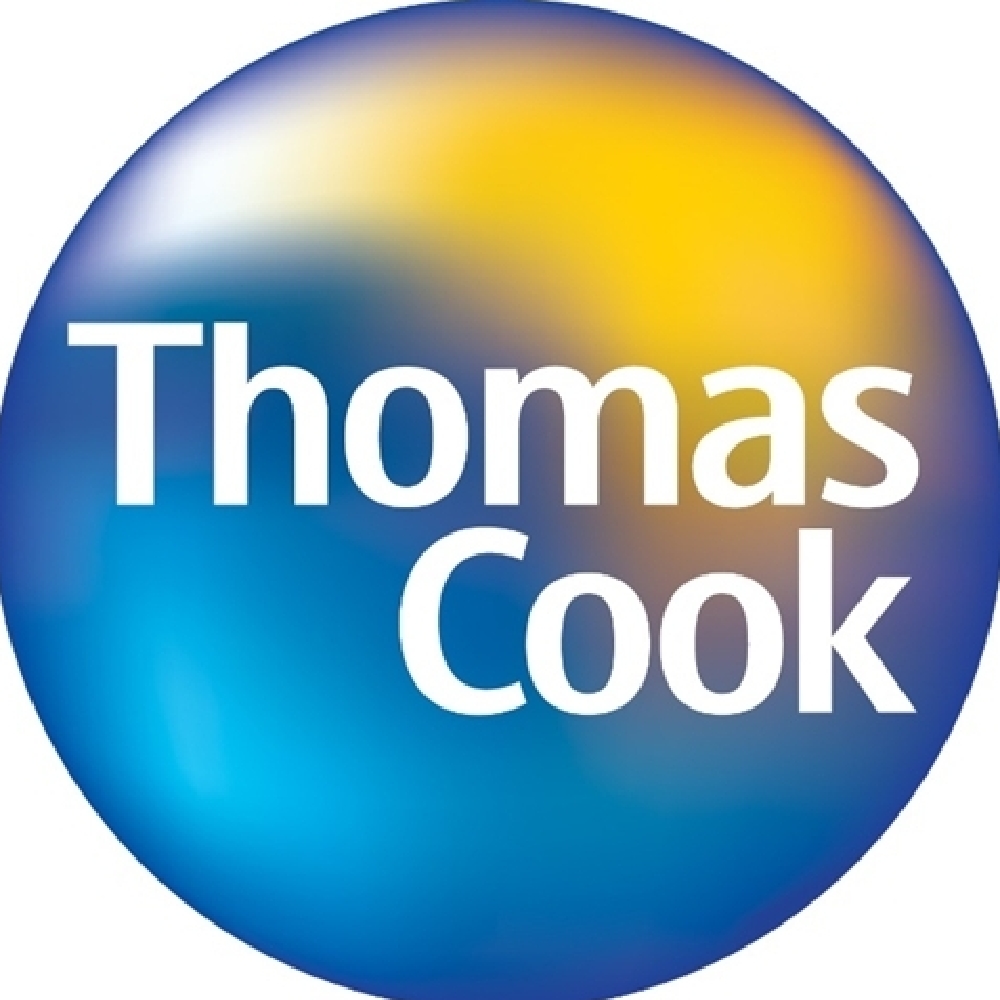
Thomas Cook
Harriet Green, former chief executive of Thomas Cook has resigned.
The travel operator has seen a fall in their revenues, improved margins and reduced losses since September last year.
Shares took a nose dive by nearly 19% to just 112p after the announcement was made.
Harriet Green joined the Thomas Cook team in 2012 from Premier Farnell. She will take a step down immediately, the company told the press. Peter Fankhauser, chief operating officer, will step into her shoes.
Peter has been with Thomas Cook for much longer- 13 years in fact and was integral in the overhaul of the company’ UK operations.
After two years Green has taken step down after the big losses that followed the company’s so called turnaround.
Back when she joined Thomas Cook, the company share price was 14p and its market capitalisation was worth 148 million. Now, it trades at 140p but its capitalisation is approximately £2 billion.
“The transformation of Thomas Cook into a company with a market capitalisation of just under £2bn and a share price of over 130p is one I have been proud to lead. I always said that I would move on to another company with fresh challenges once my work was complete,” Ms Green said. “That time is now.”
This comes as no surprise to Thomas Cook chairman Frank Meysman who said that the succession plan had been set in motion when Peter Fankhauser was appointed COO last year. He did not see Ms Green staying with the company for longer than 24 months.
“It’s a timescale that we set together and that came out of the strong development of the company,” he said. He added the change of chief executive was agreed unanimously by the board, but that Ms Green did not have another job lined up.
The company suffered losses of £727 million last year with revenues of just £8.58 billion as the unrest in Egypt put people off travelling.
Then the unrest in Ukraine added to Brits concerns about holidaying abroad. Russians no longer holidayed in Europe, along with the failing confidence in Germany and the economic weaknesses in France- the whole of Europe suffered as a consequence.
Cost cuts improved the company’s gross margins- by 20 basis points and also reduced their overhead costs by £107 million, equating to 6.3%.
Earnings before interest and tax increased by 44% to £323 million after the foreign exchange effects were adjusted as well as the cost of disposals.
Basic earnings per share rose 8.9p to a loss of 8.2p. The company’s losses after tax were reduced by £98m to £115m.
Their aspirations for 2015 are much more modest than previous years; although its outlook is still positive, “we now expect to deliver further growth this year at a more moderate pace.”
Tagged in Germany

